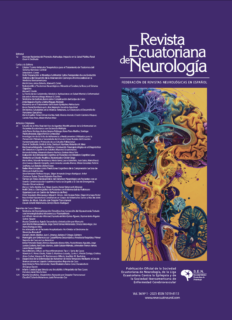Dear Editor:
Oropharyngeal dysphagia (OD) is a condition that increases in frequency with aging. It is multifactorial, resulting from the accumulation of deficits across various systems, and is associated with adverse health outcomes in older adults (OA). Consequently, it has been recognized over the last decade as an emerging geriatric syndrome.
Prominent among its causes is ischemic stroke, which caused approximately 14,000 deaths and 246,400 disability-adjusted life years among older adults in Colombia during 2021, ranking as the leading cause of disability. This burden is largely explained by swallowing disorders, which appear to be highly prevalent among older adults in Colombia; this was evidenced by a study in Medellín in which 3 out of 4 participants with stroke presented with OD, with age being identified as one of the specific factors that increased the likelihood of developing it.





